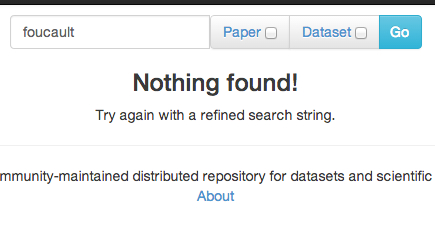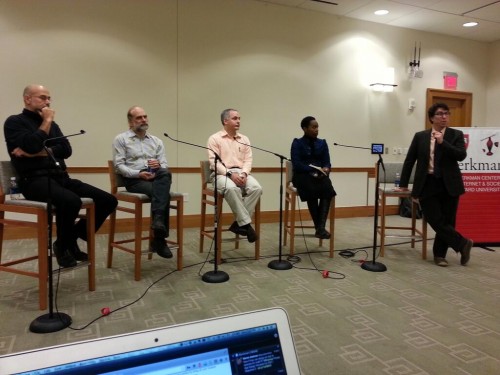I find Pharrell’s massive hit “Happy” really, really irritating. And, for that reason, I love it. In the same way that The Sex Pistols were Malcolm McLaren’s massive joke on us, this song is, I think, Pharrell’s attempt to pull a fast one on the economy of viral “upworthiness”–an economy that, as David has shown, is really racist.










